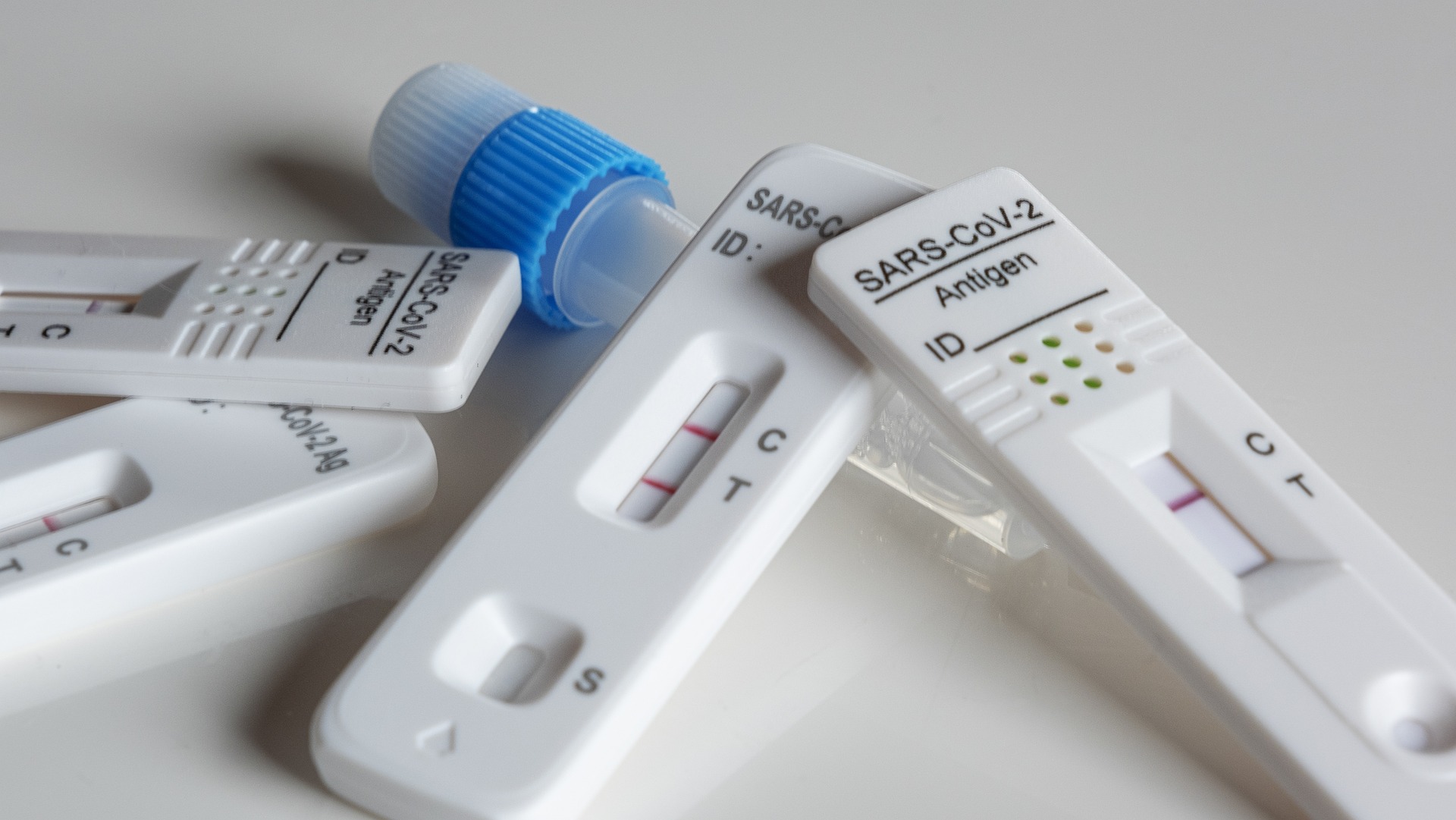News release
From:
Patient infected with COVID for 411 days finally cured
· Now 59 years old, the male patient was infected with an early variant and could not clear infection due to weakened immune system following kidney transplant
· Doctors detected this persistent infection by analysing the genetics of his COVID virus to show ongoing infection with an early variant
· A cocktail of neutralising antibodies effective against early variants finally cured him 411 days after first diagnosed
· Doctors are using this detailed genetic analysis of the virus to identify persistent infection, and also decide which treatments are best for individual patients.
· Despite this success, continual emergence of new variants has made neutralising antibody treatments ineffective, leaving hundreds of thousands of immunosuppressed patients at risk as winter approaches.
Embargo: 2301H UK time Thursday 3 November
A patient* was discovered to be infected with an early variant of COVID, and has finally been cured after 411 days by using neutralising monoclonal antibodies, after failing to clear the virus due to having a weakened immune system following a kidney transplant.
The use of detailed genetic analysis of the COVID virus using nanopore technology to discover cases of persistent infection is described in new research published in the journal Clinical Infectious Diseases by Dr Luke Blagdon Snell and colleagues, from Guy’s and St Thomas’ NHS Foundation Trust, London, and King’s College London, UK. The team also describe using this technology to rapidly analyse the COVID virus to see which treatments will be most effective, allowing them to choose the correct treatments for patients.
In April 2022, Dr Snell presented some details of this case and other cases of patients with persistent COVID at the annual congress of the European Congress of Clinical Microbiology & Infectious Diseases (ECCMID) in Lisbon, Portugal – including details of the longest ever recorded COVID infection of 505 days in a patient who did not survive.
At the time of the ECCMID congress, this 59-year-old now-cured patient had completed treatment with the neutralising antibody treatment combination casirivimab/imdevimab (also known as Regeneron), but the medical team were still conducting follow-up tests to track his progress. They are now confident that the patient is cured.
The patient originally tested positive in December 2020, and although his symptoms resolved he continued to test positive intermittently until January 2022 (tested when he came to hospital for routine appointments, and by then had received three doses of COVID vaccine). At this point the team at Guy’s & St Thomas’ Hospitals conducted a detailed genetic analysis of the virus. This revealed that the patient’s infection was a persistent infection with an early COVID variant – a variation of the original Wuhan variant that was extremely common (dominant) in the UK in the later months of 2020. By the time this patient’s virus was analysed (2022), this variant had long since been replaced by newer variants of concern that subsequently dominated (first alpha, then delta, and finally omicron). The patient’s virus was identified as this early variant but was showing multiple mutations that had developed since he was first infected in December 2020.
The team at Guy’s & St. Thomas’ Hospitals also describe how they use detailed genetic analysis using nanopore technology to rapidly identify the variant of the COVID virus that patients are infected with. With this information they can identify mutations that make treatments ineffective and are able to choose the best treatment options for patients. In another case, a 45-year old woman with HIV infection had failed treatment with casirivimab/imdevimab (Regeneron) antibodies. Rapid analysis of the COVID virus showed it had developed mutations giving it resistance to these antibodies – the patient was offered another treatment (Paxlovid) and eventually cleared the virus.
Since the COVID pandemic began, neutralising antibodies have been regularly used as treatments for COVID. Famous examples include former US President Donald Trump, who received the same Regeneron cocktail as this 411-day infected patient. However, the continual emergence of new variants has rendered successive neutralising antibody treatments ineffective, and for the currently globally dominant omicron subvariants there are no effective neutralising antibody treatments currently available in the UK or Europe. Recently, advocacy groups have campaigned for another monoclonal antibody cocktail (brand name Evusheld) to be made available as protection against infection.
On this, Dr Snell says “Some new variants of the virus are resistant to all the antibody treatments available in the UK and Europe. Some people with weakened immune systems are still at risk of severe illness and becoming persistently infected. We are still working to understand the best way to protect and treat them.”
At the time of writing, the 411-day patient remains stable and well, and is one of the longest known cases of COVID infection, along with the 505-day infected patient previously treated by the team at Guy’s & St. Thomas’ Hospitals.
The researchers plan to submit more details on this and other cases at next year’s ECCMID Congress in Copenhagen, Denmark from April 15-18.
Other cases of immunosuppressed patients are included in the report in Clinical Infectious Diseases, including patients with various forms of cancer and advanced HIV (see full paper for details).



 International
International



